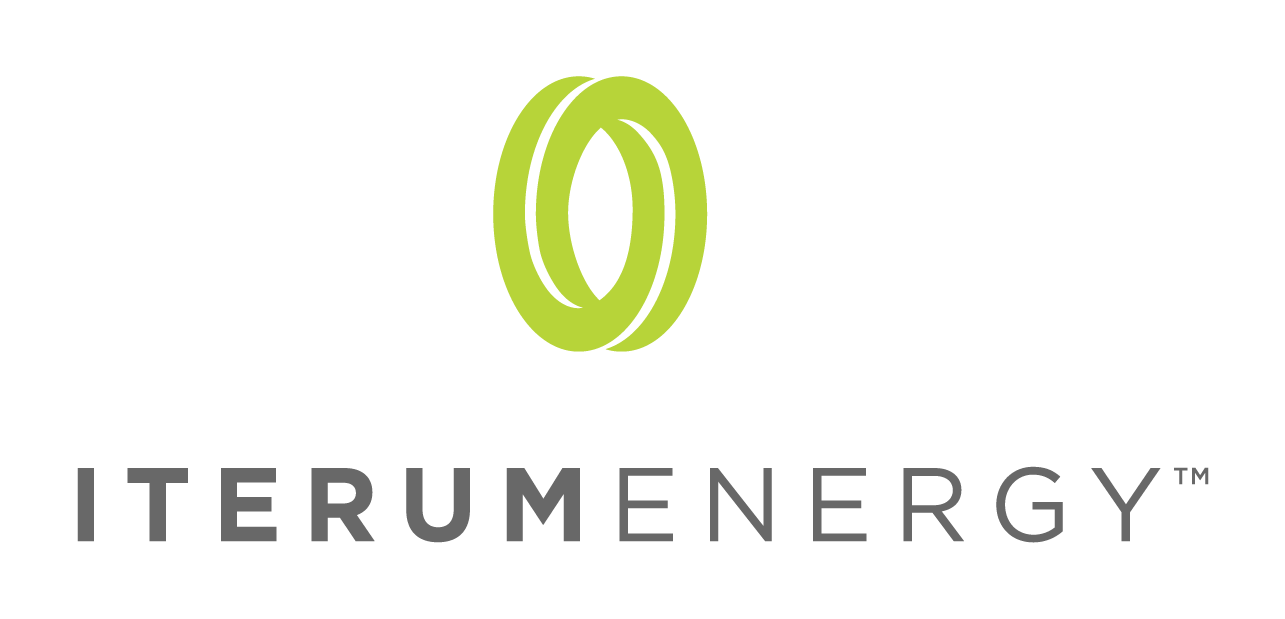What Is Biomass Energy?
[ INVEST IN GREEN ENERGY WITH ITERUM ENERGY. IT'S EASY AND AFFORDABLE! ]
You may have heard the term "biomass energy" before, but what is it? Biomass energy is a type of renewable energy that comes from organic matter—that is, plant and animal material. But it's not just any plant or animal material; it has to be material that can be converted into energy, like wood or agricultural waste. So let's take a closer look at biomass energy, how it works, and some advantages and disadvantages.
How Biomass Energy Works
The most common way to produce biomass energy is through combustion or burning the organic matter in a power plant. This process releases heat that is used to generate electricity. However, biomass can also be converted into other forms of renewable energy, like biofuels for transportation. Some examples of biofuels are biodiesel (made from vegetable oils) and ethanol (made from corn).
Advantages and Disadvantages of Biomass Energy
Like all forms of energy, there are advantages and disadvantages to using biomass energy. Some benefits include the following:
It's a renewable resource
It's widely available
It can create jobs in the agriculture and forestry industries
It can reduce reliance on fossil fuels
It can help reduce greenhouse gas emissions
It can be cost-competitive with other forms of energy
Some disadvantages include the following:
It requires land to grow crops or harvest trees
It might not always be carbon neutral due to forest management practices
It must be appropriately managed to prevent air pollution
There can be debate over what types of biomass are sustainable, and a lack of infrastructure can make it challenging to transport biomass. In some cases, it takes more water to produce biofuels than to produce fossil fuels, and they can compete with food production for limited land and water resources. Changing U.S. policies may also affect the sustainability of the biomass industry in the future.
Burning biomass produces emissions, including carbon dioxide, particulate matter, nitrogen oxides, and sulfur dioxide. These emissions contribute to climate change and can cause adverse health effects. In addition, incinerating biomass can release mercury into the environment, which can contaminate food sources.
If not appropriately managed, growing crops for biofuels can lead to deforestation. Some argue that using food crops for biofuels contributes to world hunger. It takes significant amounts of energy and water to convert biomass into usable forms of energy like ethanol or biodiesel. The conversion process also generates solid waste that must be disposed of properly.
However, let's not forget biomass energy has many benefits over other forms of energy generation, such as fossil fuels. First, biomass is a renewable resource; it will never run out, unlike fossil fuels like coal and oil. Second, biomass energy doesn't release harmful greenhouse gases into the atmosphere when burned, making it much better for the environment than fossil fuels. Third, since biomass energy comes from organic matter like plants and crop waste, it's relatively easy and cheap to produce— especially compared to other renewable energy sources like solar or wind power.
Conclusion
Biomass energy is a renewable source of energy that comes from organic matter—like plants and trees—that can be used to generate electricity or create biofuels. Two main ways to produce biomass energy are burning it directly or converting it into another type of fuel, such as ethanol or biodiesel.
Biomass has many advantages over other forms of energy generation, the chief among them being that it's renewable and doesn't release harmful greenhouse gases into the atmosphere when burned. So if you're looking for an environmentally friendly way to power your home or business, biomass energy should be on your radar!
